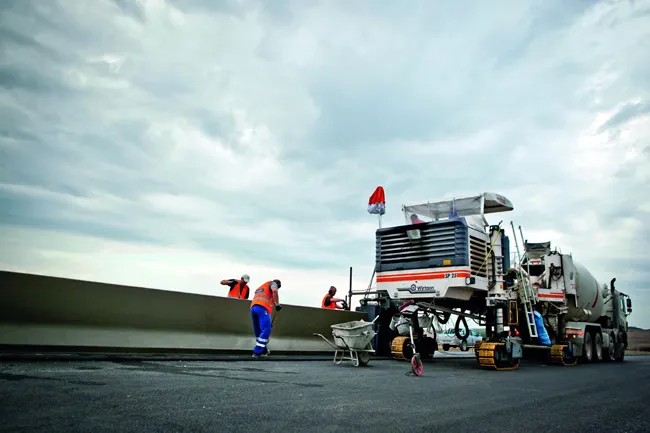A report released jointly by the International Road Federation and
The report, titled “A better road to the future,” illustrates the complexity of the challenge in designing and delivering road infrastructure. The diagnostic approach to assess the performance of road infrastructure delivery systems outlined in this report illustrates that each country could build an improvement journey based on its individual starting point.
Research shows that road-sector investment needs to be approximately US$900 billion/year to keep pace with projected growth - currently, it falls short by $180 billion/year. Additionally, experience shows that to improve a country’s road network significantly and sustainably, the whole delivery system must be taken into consideration. It is not enough simply to increase funding.
A study of more than 20 road infrastructure delivery systems across the world enabled the project partners to identify a number of root causes and potential improvements. Many road infrastructure tenders receive too few bids and there are often significant cost variations. There is a lack of value assurance processes and there are significant challenges to scaling innovation.
The report focuses on what can be done to enhance the whole delivery system, ensuring that the spend results in the best possible road network – defined as the road network that best fulfills the transportation needs of the economy.
Commenting on the report, IRF president & CEO C Patrick Sankey noted “many authoritative studies have underscored the growing gap between investment needs on the one hand, and the combined spending on road construction and upkeep on the other. Less attention has been paid to the policies and mechanisms required to stretch available funds through better project selection, efficient procurement strategies, and effective delivery practices. Thanks to this collaboration between the IRF and McKinsey, transportation decision-makers now have a new comparative study on the cost-effectiveness of productivity-enhancing practices.”
A better road to the future for efficiency – improving performance
Report by IRF Global & McKinsey identifies pathways to efficiency gain
A report released jointly by the International Road Federation and McKinsey & Company will help transport decision-makers and international financial institutions identify and leverage efficiency gains in road project design and delivery. This will potentially save billions of dollars each year.
The report, titled “A better road to the future,” illustrates the complexity of the challenge in designing and delivering road infrastructu
September 10, 2018
Read time: 2 mins
Report by the Washington-based 8738 IRF Global & McKinsey identifies pathways to efficiency gain








